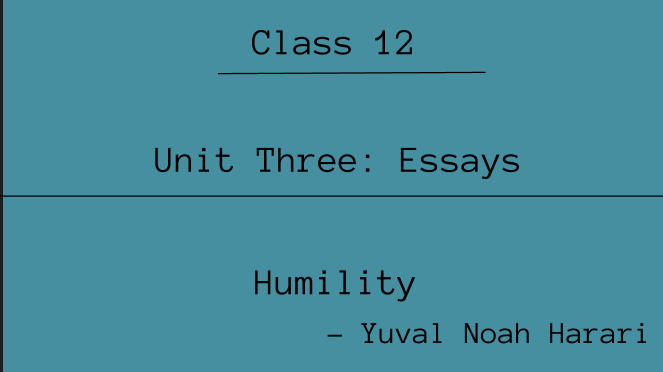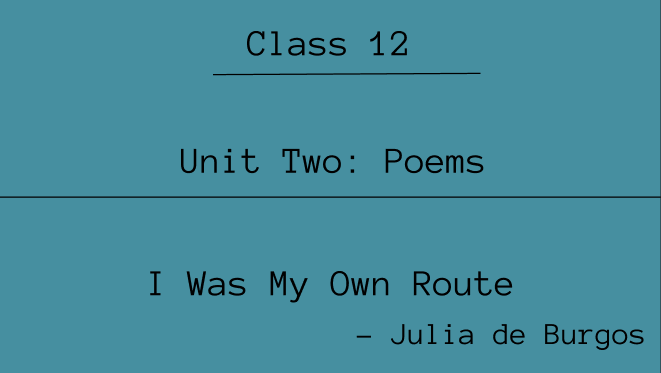Yuval Noah Harari, a renowned essayist from Jerusalem, penned the thought-provoking essay “Humility.” Within this piece, he embodies humility by dispelling humanity’s illusions of superiority and mastery. Harari asserts that morality, art, spirituality, and creativity are innate human talents encoded in our DNA, emphasizing the virtue of humility as “a recognition of the real limits of our techno-social knowledge and ability.”
In his exploration, Harari sheds light on the absence of humility in most societies, where individuals often perceive themselves as the center of the universe and their culture as the pinnacle of human history. For instance, Greeks attribute the beginnings of history to figures like Homer, Sophocles, and Plato, believing pivotal ideas and innovations originated in Greek territories.
Contrarily, Chinese nationalists lay claim to significant historical origins, dating back to the Yellow Emperor and ancient dynasties like Xia and Shang, even suggesting inventions like aeroplanes and nuclear bombs predate Western luminaries. Hindu nativists challenge these assertions, citing examples from Hindu mythology to support claims of ancient advancements in technology and knowledge.
Religious beliefs also contribute to perceptions of historical importance, with Muslims considering history before Prophet Muhammad as largely irrelevant. Nationalist sentiments in Turkey, Iran, and Egypt further elevate their nations as preservers of Islam’s purity and sources of human goodness.
Harari critiques these claims, highlighting the fallacy of unique cultural or religious superiority. He points out that no group is entirely original, as elements of their ideologies existed before them. The survival of certain beliefs often correlates with their aggressive propagation and conversion of followers.
Acknowledging his own cultural background, Harari touches on Jewish beliefs, including the notion of being God’s chosen people. He introduces the idea of yoga’s origins tied to Abraham, illustrating how narratives of cultural importance can be intertwined with historical accounts.
Ultimately, Harari emphasizes that universal human abilities like morality, art, spirituality, and creativity have roots in Stone Age Africa, transcending cultural and religious boundaries. Through “Humility,” Harari encourages a deeper understanding of our shared human heritage and the importance of recognizing the limitations of cultural exceptionalism.




